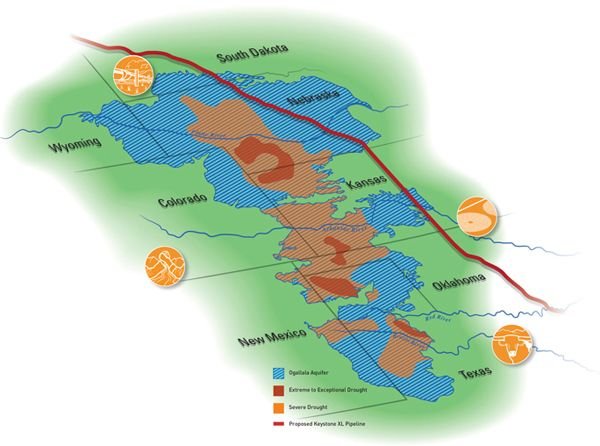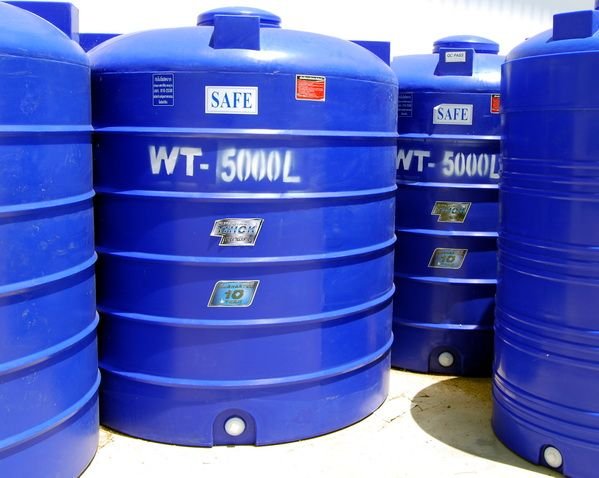There is no discussion that as the WW population grows towards 9 billion people, the access to clean drinking water will be one of the biggest challenges in the next century. Already today 33% of the human population lives in areas where water is scarce. This will become worse as humans move toward a more "western style"diet.

This blog post is to help you just get a general view of how much water some kinds of foods need before they arrive at our plate and thereby help slow down the depletion of freshwater for the world.We tend to think of water as an unlimited resource as it comes from the rain. The main water being used for agriculture like in the case of the US/ or Saudi is coming from very old aquifers that are now practically depleted and take thousands of years to refill(https://en.wikipedia.org/wiki/Ogallala_Aquifer).
On average, the water we use in our households is about 370 L a day in the western world. The industrial goods we use -- paper, cotton, clothes -- that's about another 160La day. But it takes more than 3.800L of water a day per person to produce the food (and drinks) in the average western diet according to several sources. Let us take as an example of something which has become rather known and symbolic. Which is the water usage which goes into a hamburger. One hamburger consumes 2.500 L of water. 0.5Kg of beef consume 5.000 L of water. .
All of us probably already do actions to save on water consumption like having more showers than baths, not watering the garden during sun hours or installing toilet flushes with 2 sets. Our biggest impact nevertheless on saving drinking water can be choosing what we eat and being aware of the hidden water consumption in some foods.
As a general rule, the more processed a food is the more water it will have consumed. The same also applies to if we eat meat. The animals will be drinking a lot of water (the majority of our meat comes from herbivores who consume huge amounts of water), there is water consumption in the meat processing industries. Have a look at the below link to get a better idea at something that the Food Industry is beginning to take as seriously as the Carbon Footprint. This is the Water footprint of the products we use/consume (http://environment.nationalgeographic.com/environment/freshwater/embedded-water/).
Have a look at the above list in the link list to become aware of the hidden water consumptions of some foods and how they relate to some other initiatives you are already doing. The less meat you consume, the more local and seasonal you go on food the more you are contributing to reduce your water footprint.

For more information on this topic look up : http://waterfootprint.org/en/
Congratulations @lfmaia! You have completed some achievement on Steemit and have been rewarded with new badge(s) :
Click on any badge to view your own Board of Honnor on SteemitBoard.
For more information about SteemitBoard, click here
If you no longer want to receive notifications, reply to this comment with the word
STOPIf you want to support the SteemitBoard project, your upvote for this notification is welcome!
Congratulations @lfmaia! You have received a personal award!
Click on the badge to view your own Board of Honor on SteemitBoard.
Congratulations @lfmaia! You received a personal award!
You can view your badges on your Steem Board and compare to others on the Steem Ranking
Vote for @Steemitboard as a witness to get one more award and increased upvotes!